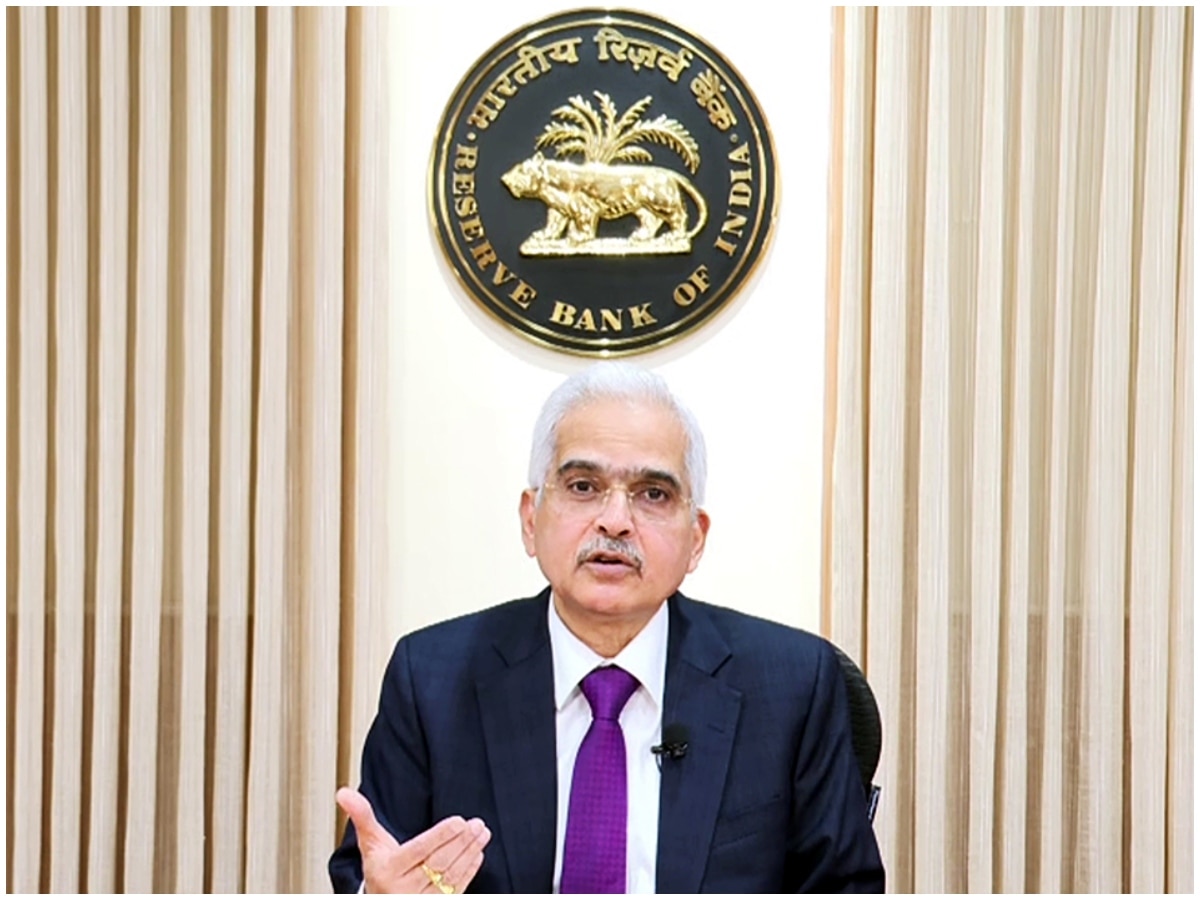In case of cash pay-in service, the RBI said remitting banks/ business correspondents (BCs) will register the remitter based on a verified cell phone number and a self-certified ‘officially valid document (OVD)’ as per the know your customer direction.
New Delhi: In a significant development towards tightening norms related to cash pay-out service at banks, the Reserve Bank of India has made it mandatory for lenders to keep a record of recipients. The Reserve Bank of India (RBI) has revised its October 2011 framework related to ‘Domestic Money Transfer’.
As per the report, the new norms will come into effect from November 1, 2024. For cash pay-out service, the revised framework said, “The remitting bank shall obtain and keep a record of the name and address of the beneficiary”.
RBI On cash pay-in service
In case of cash pay-in service, the RBI said remitting banks/ business correspondents (BCs) will register the remitter based on a verified cell phone number and a self-certified ‘officially valid document (OVD)’ as per the know your customer direction.
Also, every transaction by a remitter should be validated by an additional factor of authentication (AFA).
Futher, remitter bank should include remitter details as part of the IMPS / NEFT transaction message, the RBI said. The guidelines on card-to-card transfer are excluded from the purview of the framework.
The RBI said banking has undergone rapid transformation in recent years. While increased usage of technology has facilitated the ability to make instantaneous bank transfers and withdrawals, it has also led to a concomitant increase in risks, requiring proactive management.
It said that it has reviewed the Liquidity Coverage Ratio (LCR) framework to increase the resilience of banks.
What Does The RBI Circular Say
The RBI circular states: “Banks shall assign an additional 5 per cent run-off factor for retail deposits which are enabled with internet and mobile banking facilities (IMB) i.e., stable retail deposits enabled with IMB shall have 10 per cent run-off factor and less stable deposits enabled with IMB shall have 15 per cent run-off factor.”
Unsecured wholesale funding provided by non-financial small business customers should be treated in accordance with the treatment of retail deposits, the draft circular said.
Level 1 high-quality liquid assets (HQLA) in the form of Government securities should be valued at an amount not greater than their current market value, adjusted for applicable haircuts in line with the margin requirements under the Liquidity Adjustment Facility (LAF) and Marginal Standing Facility (MSF), according to the circular.
In case a deposit, hitherto excluded from LCR computation (for instance, a non-callable fixed deposit), is contractually pledged as collateral to a bank to secure a credit facility or loan, such deposit shall be treated as callable for LCR purposes.
The RBI said that the draft circular is applicable to all Commercial Banks (excluding Payments Banks, Regional Rural Banks and Local Area Banks) and will come into force with effect from April 1, 2025.
(With inputs from agencies)

